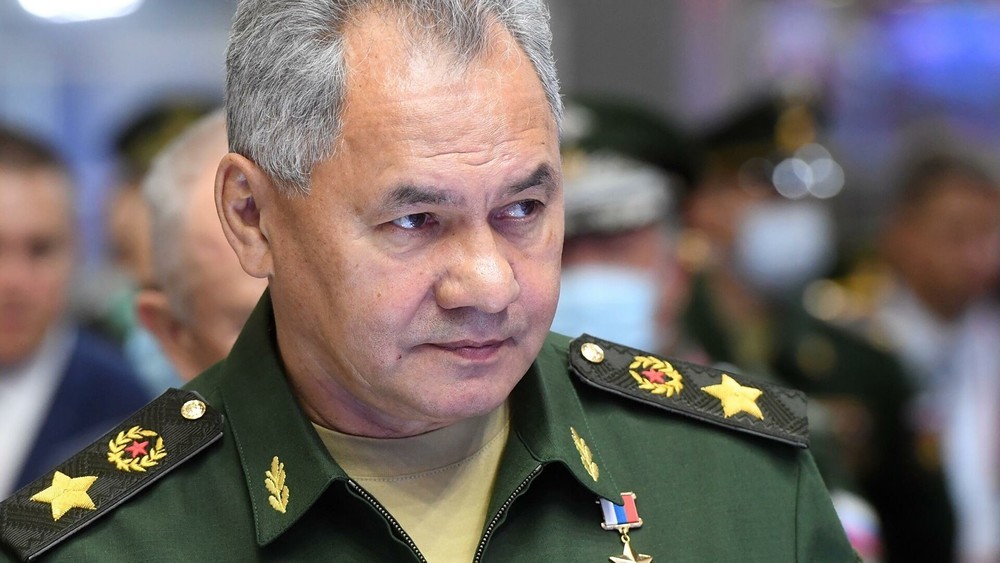Update: Russian Defence Minister Speaks about Threats to Central Asia
Speaking at a Defence Ministry meeting on February 27th, the Russian Minister of Defence Sergei Shoigu spoke of threats coming from Afghanistan extremists and Western NGO's. The Russian minister prioritized “ensuring military security in the Central Asian strategic area,” and warned that the situation in the region remains complex, with the greatest threat coming from the territory of Afghanistan. In Afghanistan, Shoigu claimed that over the past year alone, the number of ISIS militants in Afghanistan had increased by 15%. He explained that their key objectives were to spread radical ideology and to conduct subversive activities on the southern borders of the Collective Security Treaty Organization (CSTO); the Russian-led security alliance which includes Belarus, Kazakhstan, Kyrgyzstan, and Tajikistan. The Russian defense minister stated that Russia’s Central Military District would concentrate its efforts this year on resolving crisis situations in the countries of the region and participate in seven exercises in the territories of Kazakhstan, Kyrgyzstan, and Tajikistan. With drug production and trafficking from Afghanistan through the Central Asian republics expected to rise by 20%, this would be a primary crises of the CSTO to be address. Last week, Armenian Prime Minister Nikol Pashinian announced that his country has frozen its membership in the CSTO. Shoigu also stated that over 100 large pro-Western non-governmental organizations with more than 16,000 representative offices and branches are currently operating in the Central Asia. "Against the backdrop of the special military operation [of Russia against Ukraine]", he said that "these NGOs have significantly increased their anti-Russian activities in order to reduce the military-technical, economic and cultural cooperation of the Central Asian states with the Russian Federation.” The Deputy Minister of Foreign Affairs of the Republic of Kazakhstan, Roman Vasilenko, responded with strong support for the civil sector and non-governmental organizations (NGOs) in Kazakhstan. He emphasized, "Support for the civil sector and NGOs is a top priority for the president, the government, and the Ministry of Culture and Information, which is responsible for this area." Vasilenko further highlighted that there are 18,000 NGOs in Kazakhstan operating in accordance with national legislation, constituting a crucial part of the country's society. In response to statements from Russia regarding proactive measures against NGOs in Central Asia, the Ministry of Foreign Affairs of Kazakhstan stated that it is not aware of any such measures being taken by Russia.



